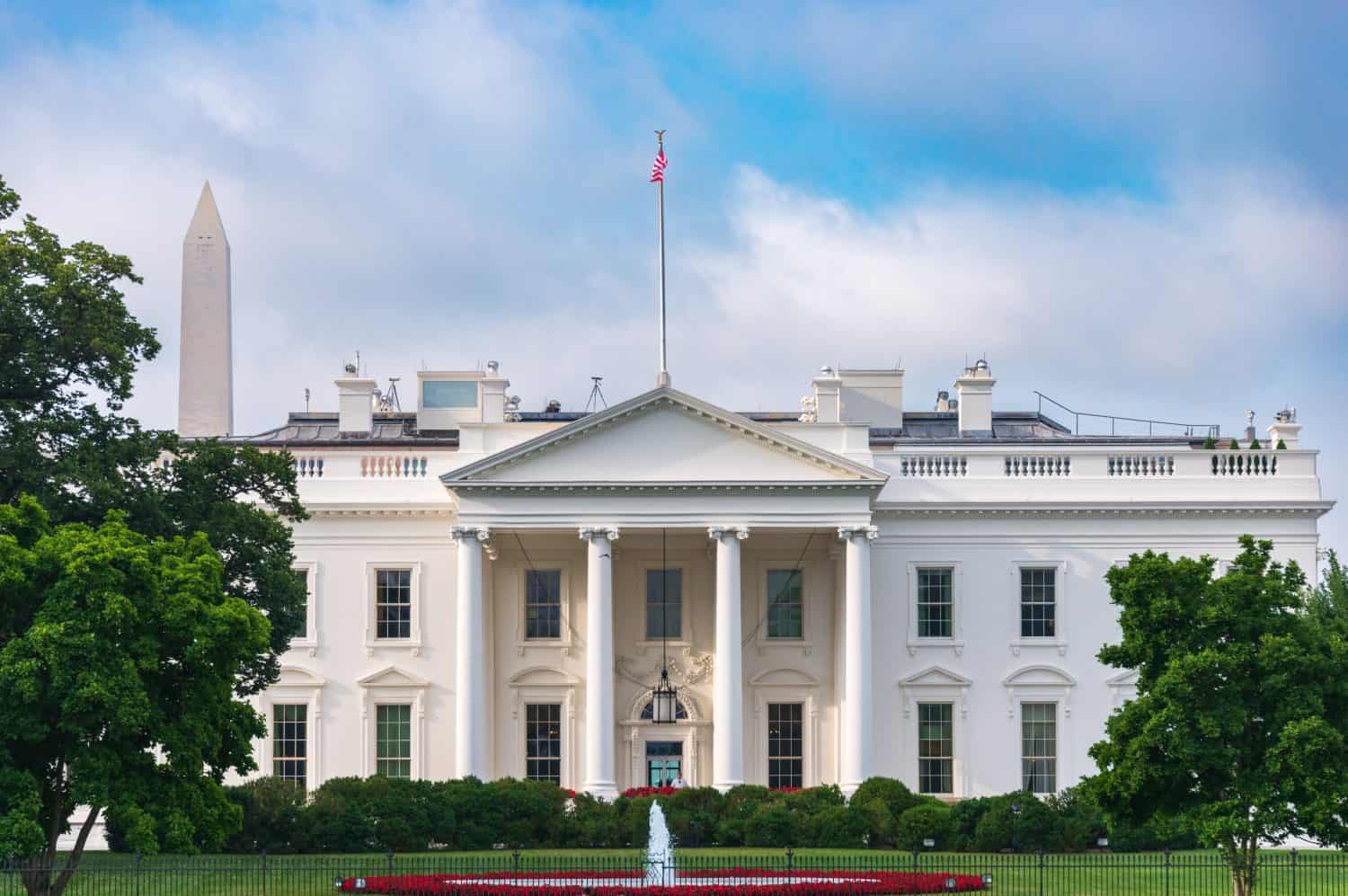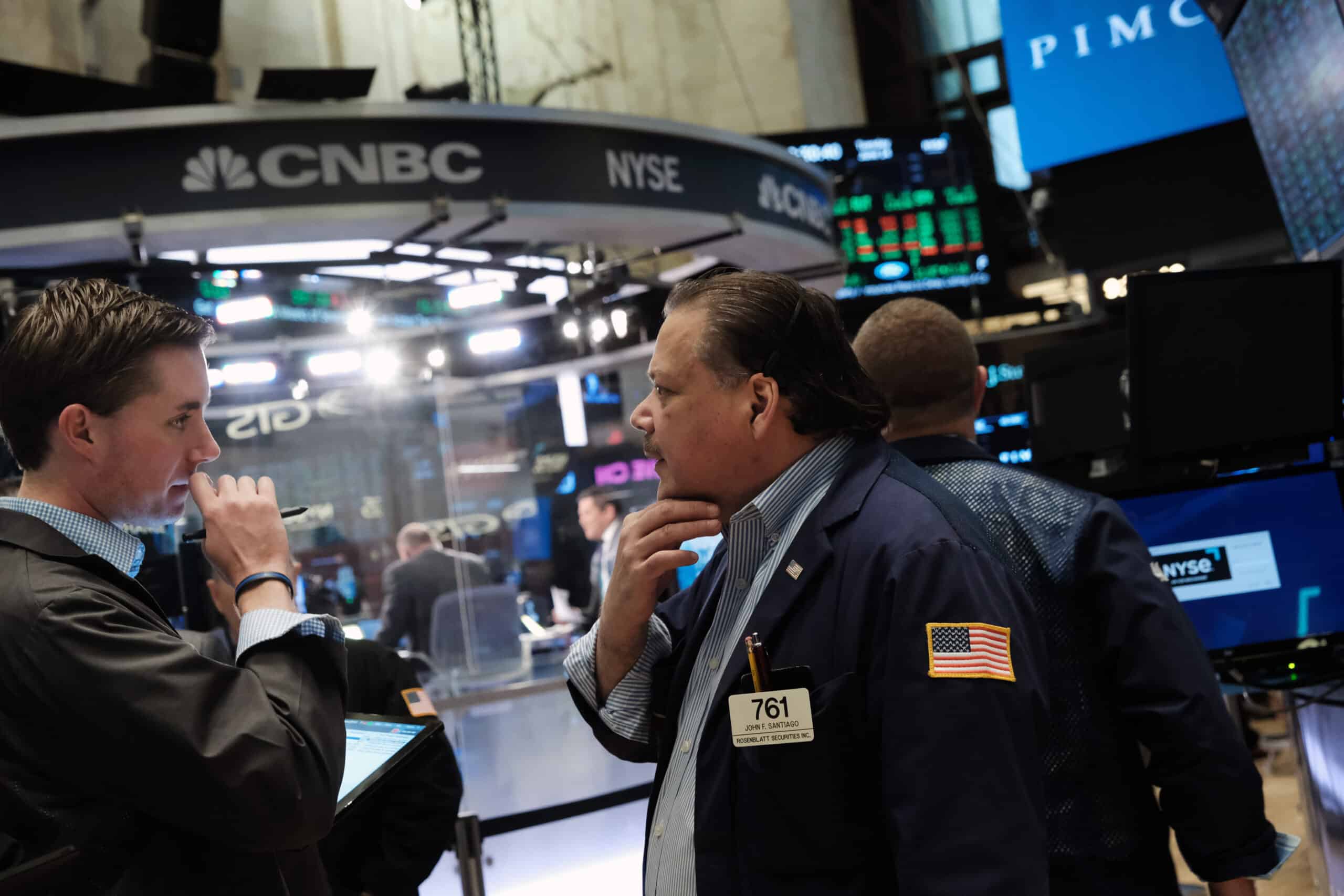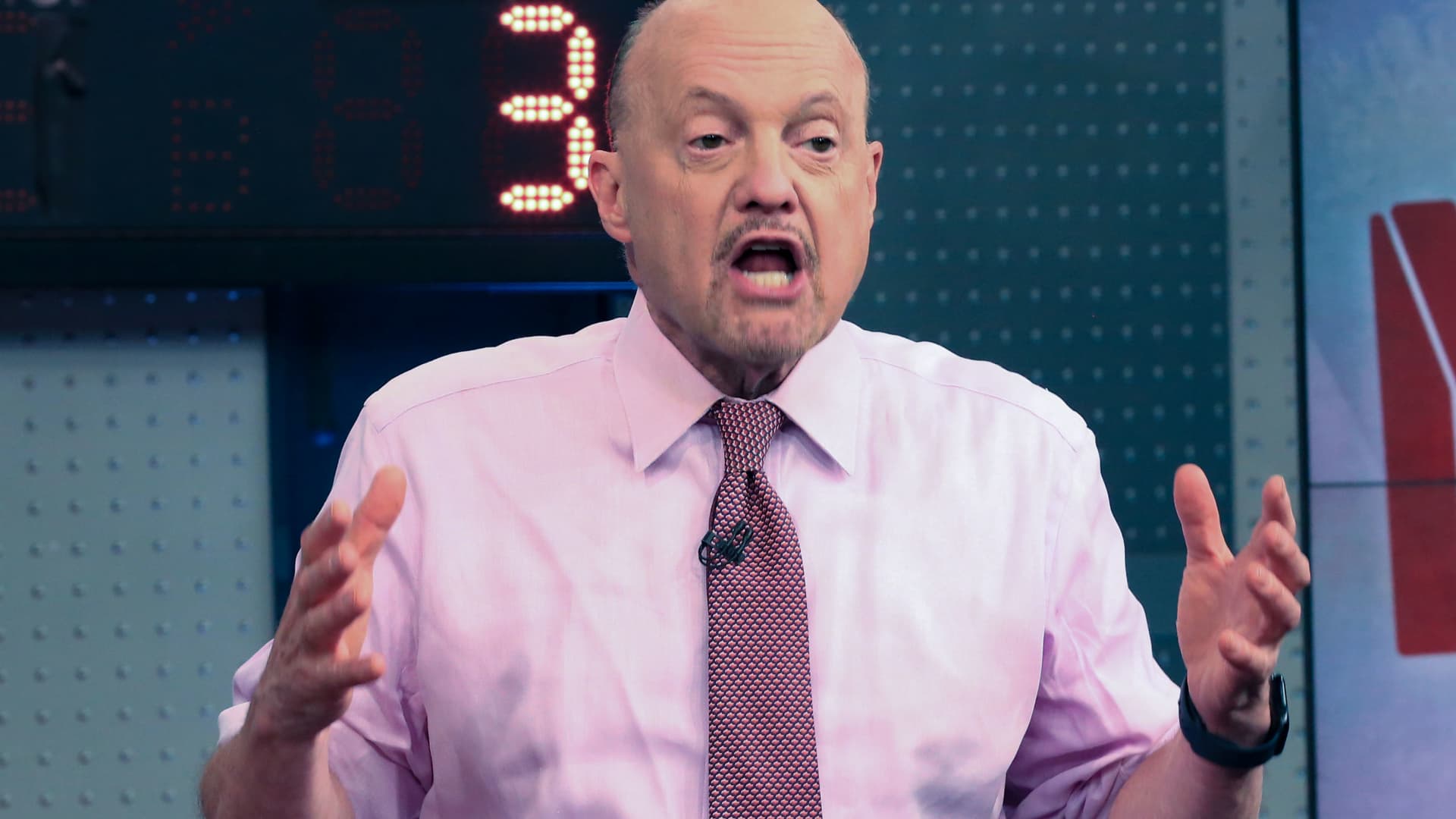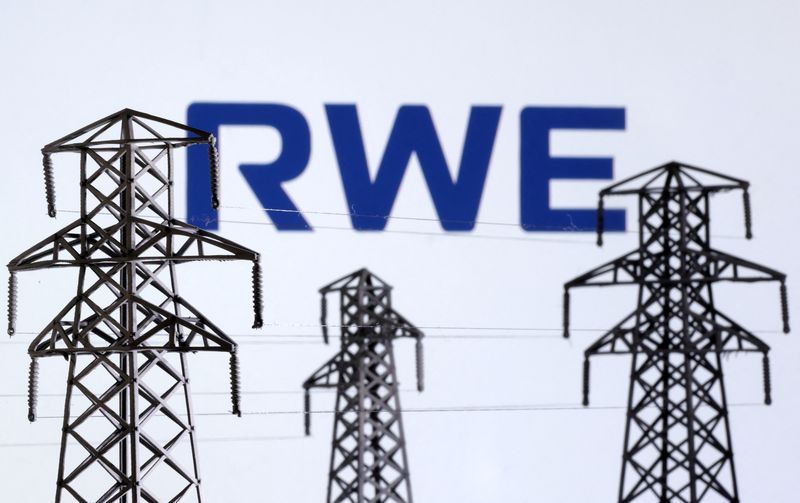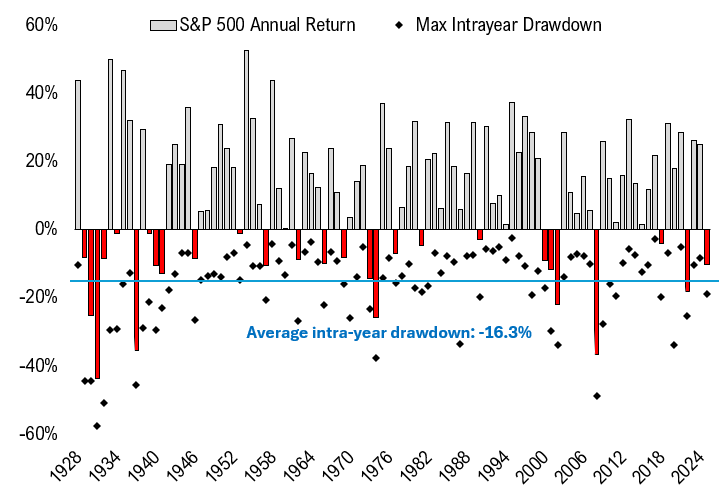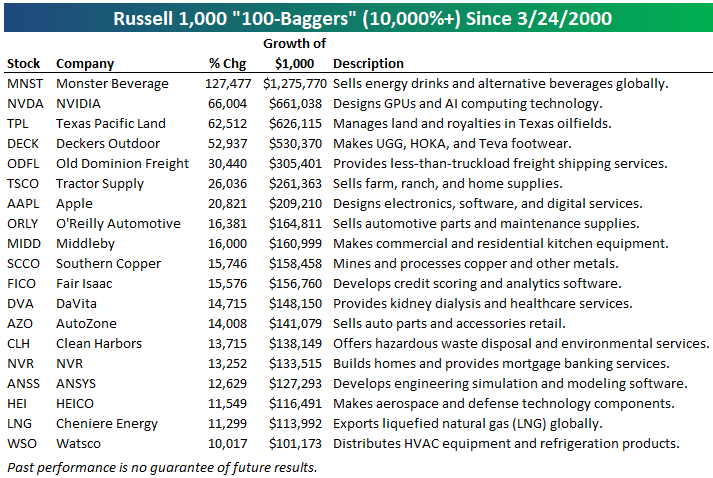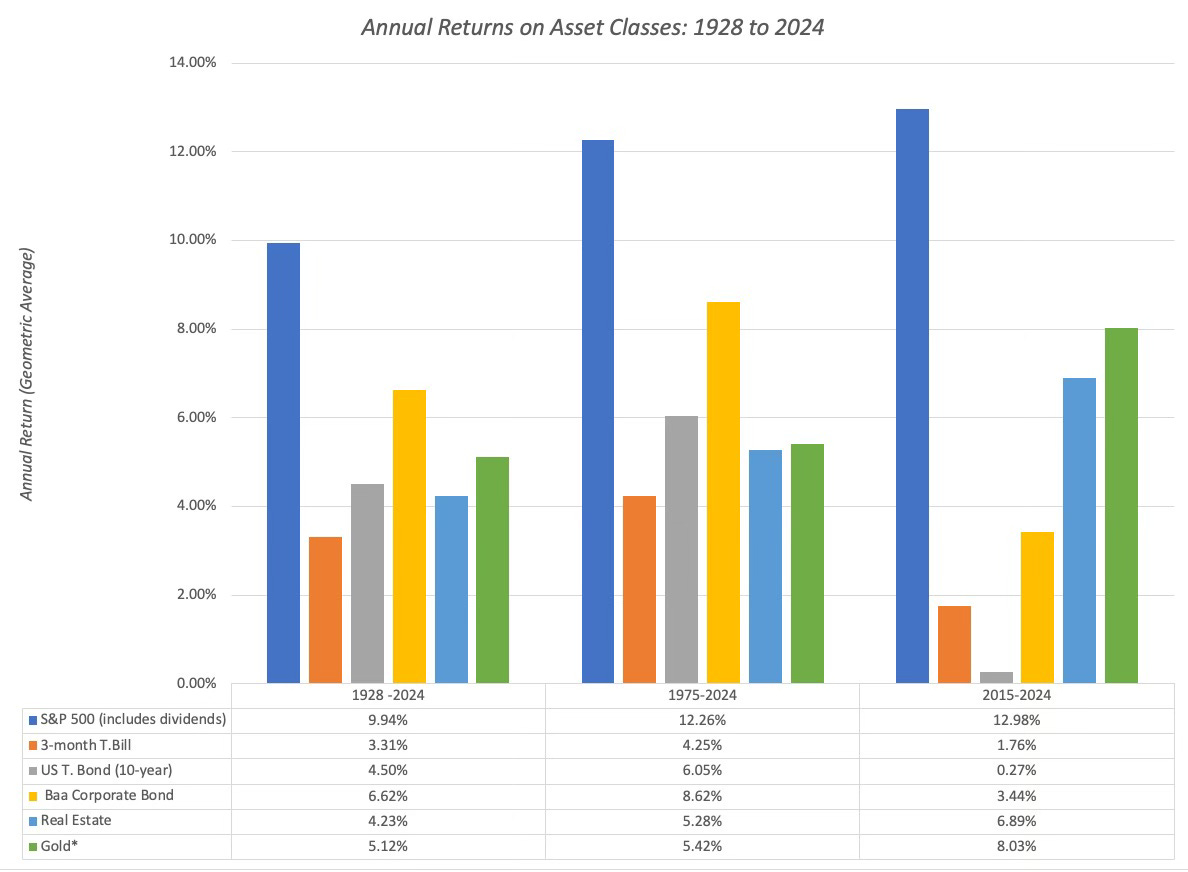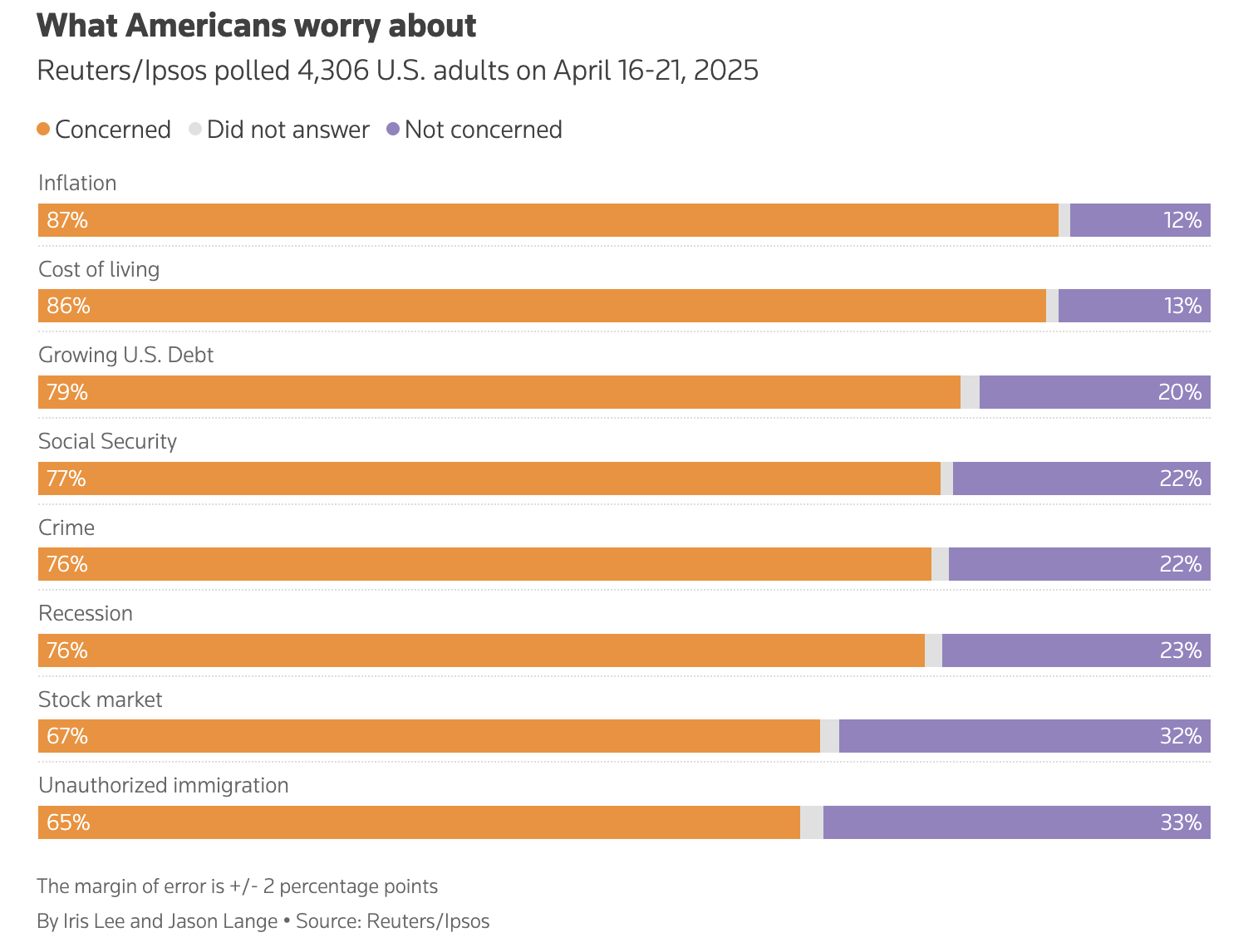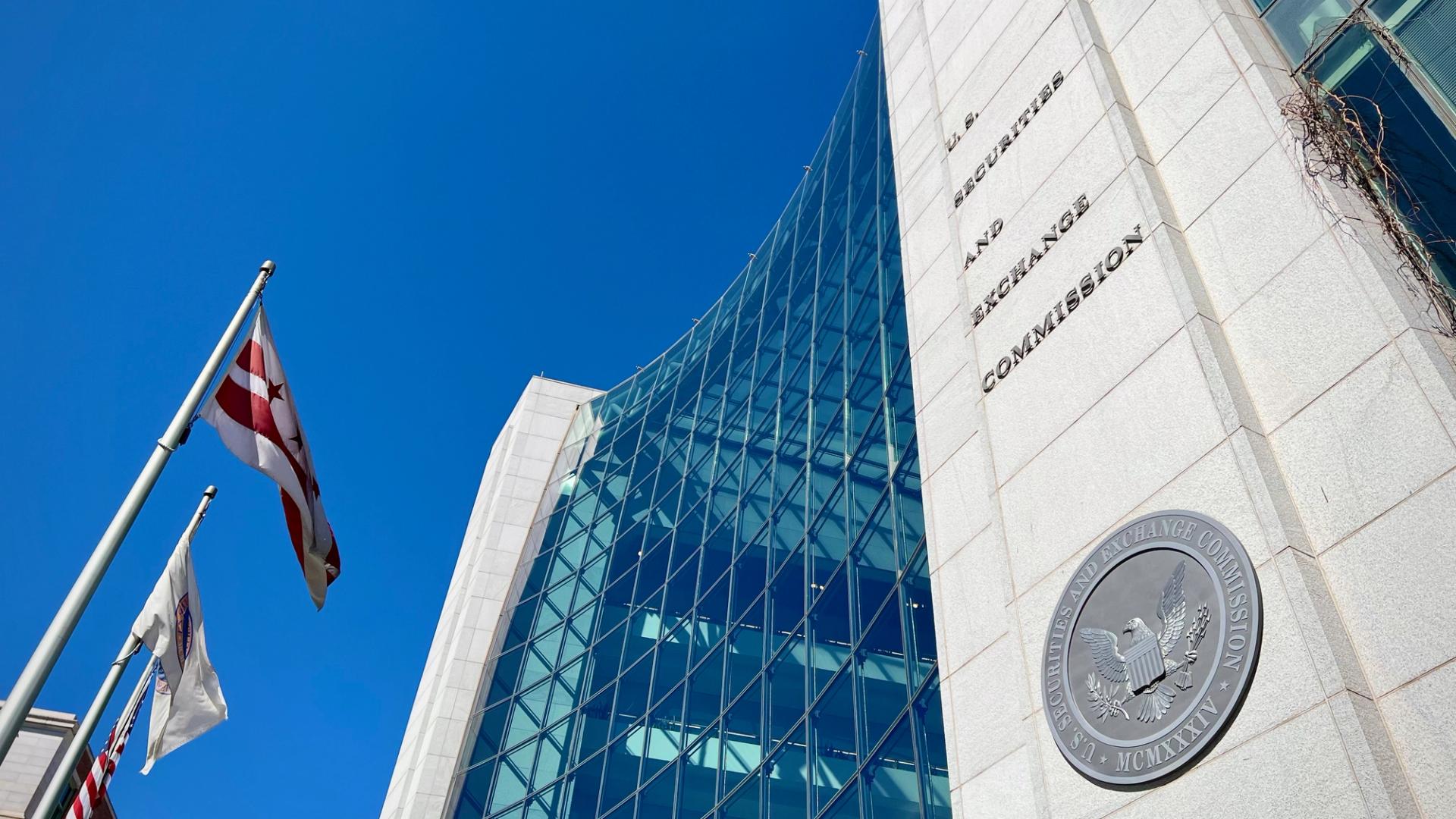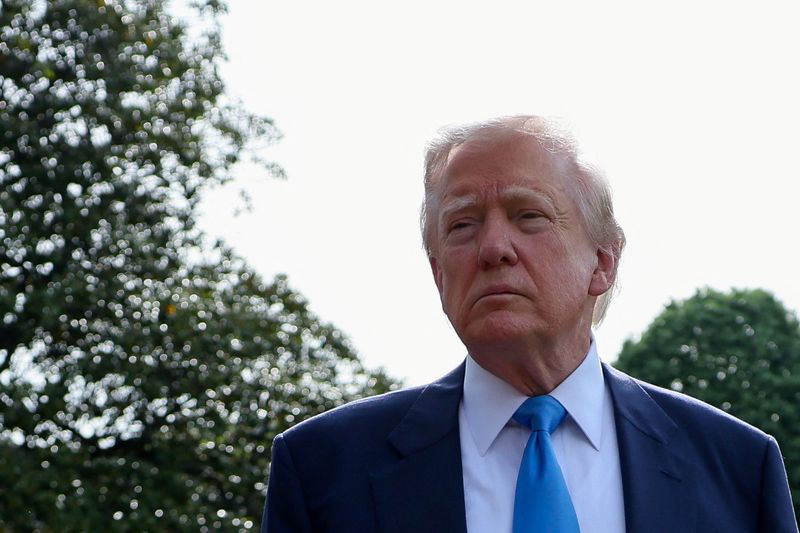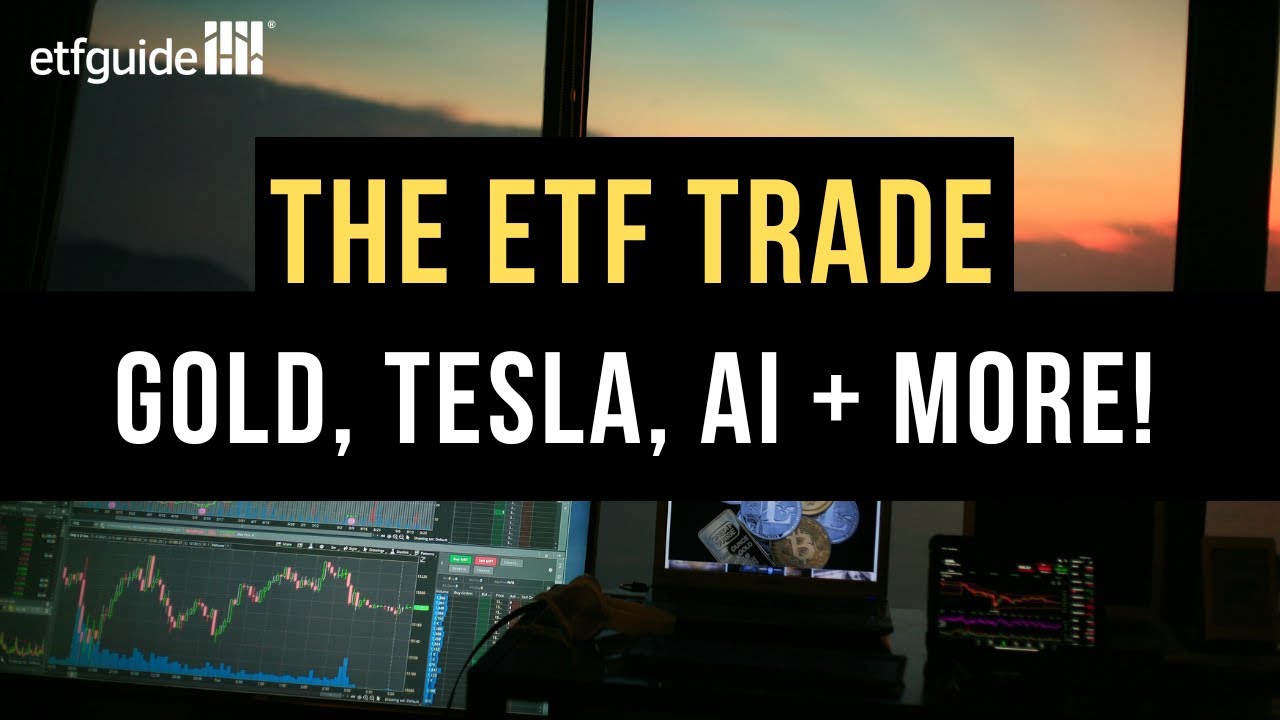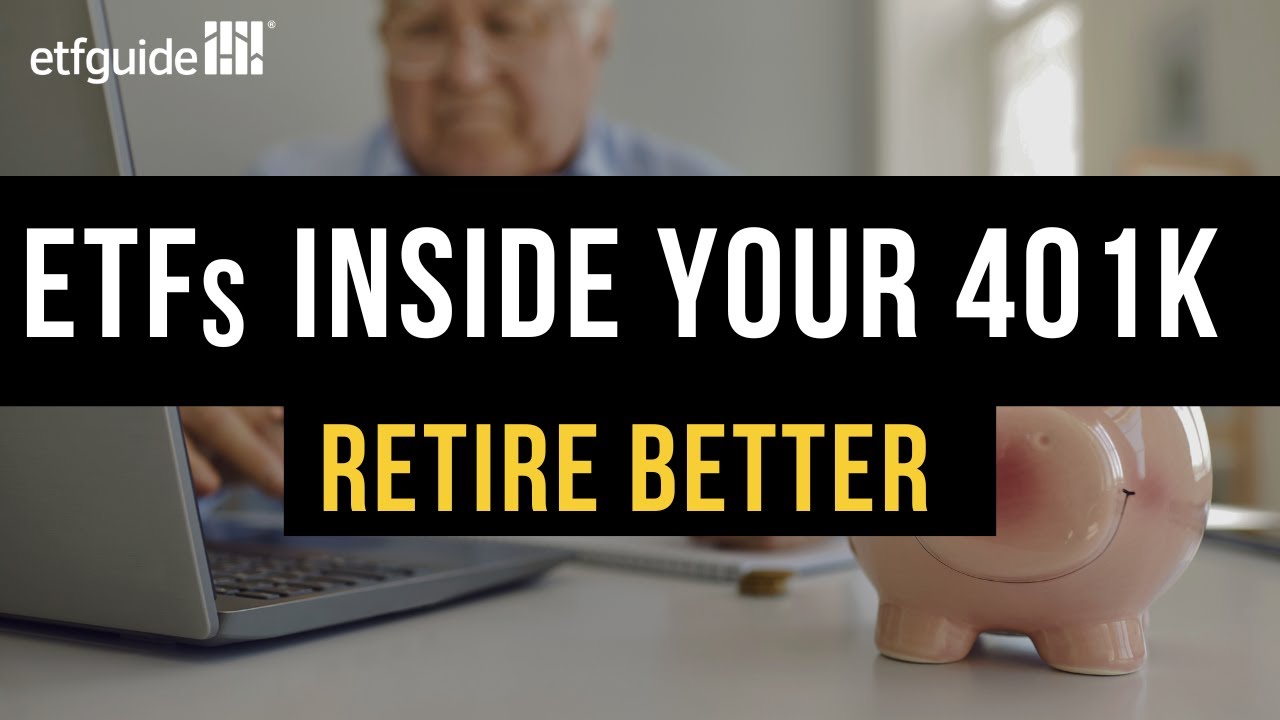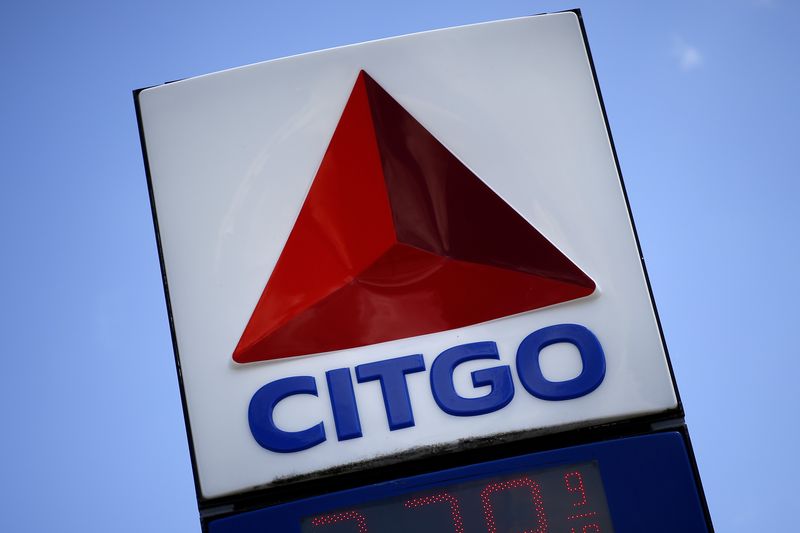Private markets are booming. What investors need to know before buying
Deloitte predicts private market investments among retail investors will grow "exponentially" in the next five years.

For many years, the world of private market investments was reserved for financial institutions and the ultra-wealthy. More recently, though, that world opened its doors to everyone and, while retail investors' allocations in private markets are still relatively low, financial experts expect exponential growth: By 2030, retail investors' allocations to private capital will grow from around $80 billion to $2.4 trillion in the United States, according to a new report from the Deloitte Center for Financial Services. In the European Union, Deloitte expects those allocations to more than triple, from €924 billion to €3.3 trillion in the same time frame.
Private investments are assets that lie outside public markets staples like stocks, bonds, and cash. They include so-called "alternatives" like private equity, private credit, hedge funds, real estate, and direct holdings of private companies. They typically offer less liquidity than public markets, and can be riskier to invest in. The ultra-wealthy, who have invested more and more in private markets in recent years, generally view them as long-term investments, and are happy to take on the risk and illiquidity for potentially higher returns than public investments can provide.
Companies are staying private longer, creating significant value for shareholders before they IPO, which has contributed to the gold rush, according to Morgan Stanley. Increasingly more investors want a piece of the private pie.
Recently, investment fund managers have tried to open private markets to retail investors with far fewer assets than the world's elite. Mutual funds and ETFs can offer some exposure, as can so-called interval funds.
While private capital firms are pushing interval funds, it's mutual funds and ETFs that will lead private market exposure among average investors, says Deloitte. This is because these assets, which can have up to 15% exposure to illiquid investments in the U.S., can be held within retirement accounts—where most of the average American's assets are held—and many investors are already familiar with their structure.
Indeed, some asset managers, including BlackRock, are already adding private market investments to retirement plan offerings. The industry's new line is that investors should dabble in mixing public and private investments. Larry Fink, CEO of BlackRock, called for expanding access to private markets to everyday investors in his annual letter to shareholders last month. The majority of the assets BlackRock manages are held in retirement accounts.
"Given that regulated retail product structures for packaging private capital already exist, more investment managers are likely to include this asset class in their product offerings, such as the funds available to retirement accounts, to retail clients over the coming years," the report reads.
Deloitte does not foresee recent market shocks caused by President Donald Trump's chaotic tariff policies changing the equation.
"Our prediction is based upon the current respective regulatory regimes in the U.S. and E.U.," a Deloitte spokesperson said. "Nothing over the past few weeks indicates that a tightening of those regulations is being considered, so the regulatory environments remain supportive of our prediction."
What investors need to know
While having some assets in private markets can be a good way to diversify, the average investors should tread carefully.
Illiquidity is a big concern. While investors may be able to buy into private market funds whenever they want, they typically cannot sell any day they choose, like with a standard mutual fund or stock holding. For that reason, they are best suited for guaranteed long-term investments.
And like any alternative, private market investments should never make up a significant portion of an investor's holdings. These investments can also come with higher, more opaque fee structures that can hurt investors long-term. And then there's the question of whether they yield higher returns than public markets after all.
"Private markets are notorious for their lack of transparency. Even seasoned institutional investors struggle to get the data and visibility they need to make smart decisions," says Michael Aldridge, president of Accelex, an alternative investment and private markets tech platform. "If the private equity industry is set on expanding to access retail investors' hard-earned cash, it must take strong measures to improve clarity over private assets' valuations and performance."
Recent research from Jeffrey Hooke, a senior finance lecturer at John Hopkins' Carey Business School, for example, finds that private equity returns may not be returning investors all that much. His study looked at top firms including Apollo, Blackstone, and KKR, and found that just under half of the fund groups meaningfully outperformed the stock market from the time they launched to 2020.
Other research has found similar results: Public pension plans with significant exposure to alternative assets have actually underperformed a standard passive portfolio of 60% stocks and 40% bonds since the global financial crisis, according to a 2024 study from Boston College's Center for Retirement Research.
This story was originally featured on Fortune.com





































